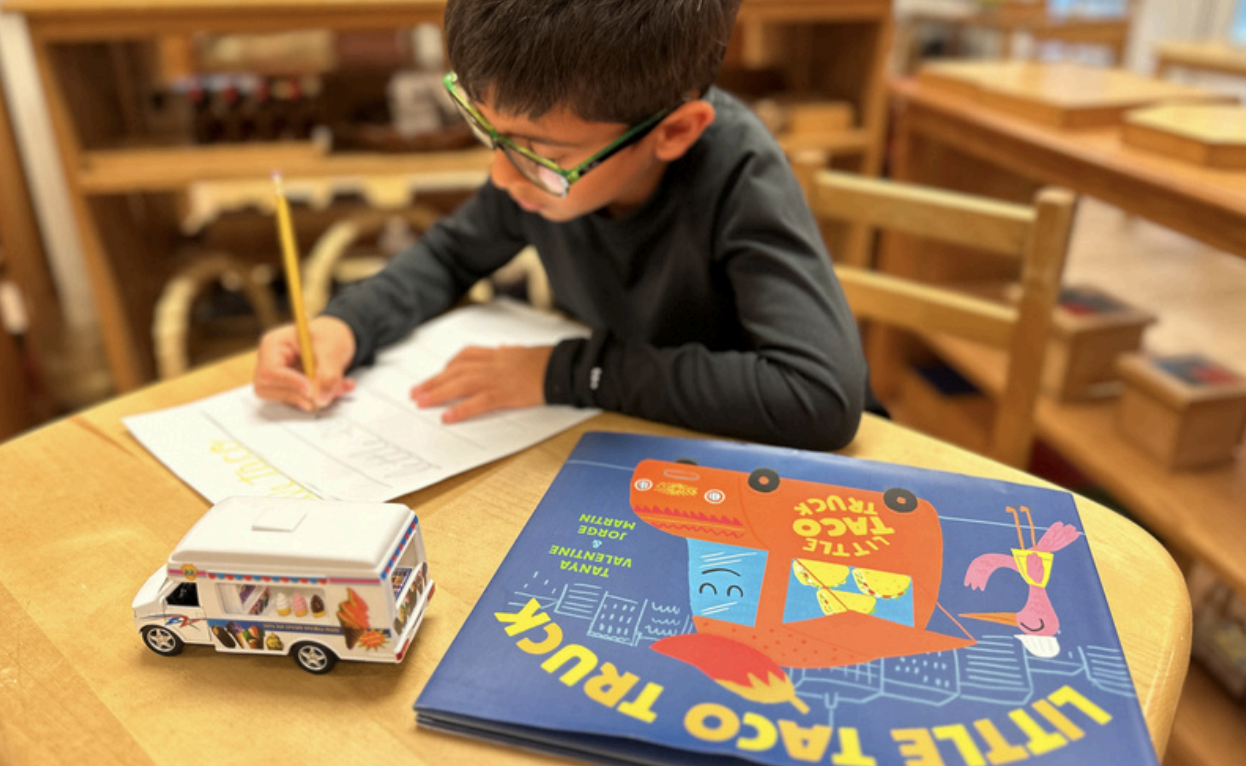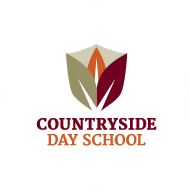From the moment children begin to speak, we often find ourselves simplifying language to make it more accessible—using words like “doggie,” “birdie,” or “truck.” While this instinct comes from a place of care, Montessori education takes a different approach. Even with our youngest learners, we intentionally use precise, real-world language to build a strong foundation for cognitive development, vocabulary, and curiosity about the world. Take dogs, for example. Rather than referring to every dog on the street as a “doggie,” we might say, “Look, that’s a greyhound,” or “Here comes a Labrador retriever.” Over time, this helps a child
understand that “dog” is a category, and that there are many kinds of dogs, each with their own characteristics. The same goes for vehicles. Instead of labeling every large vehicle “truck,” we might introduce “cement mixer,” “fire engine,” or “pickup truck.” When we do this, we help children sort and categorize what they see with accuracy and confidence—skills that are essential for science, language, and everyday observation. By using scientific and specific names early on, we are not expecting infants to memorize complex vocabulary. We are simply trusting in their ability to absorb rich language and offering them a more detailed map of the world. This approach doesn’t take away the joy of discovery—it deepens it.
Countryside Day Blog

Why We Use Scientific Names and Why “Doggie” Sometimes Isn’t Enough
May 6th, 2025Countryside Programs
We offer a continuous program from 16 months through 6th grade — inculding an all year program option for Pre-K/K and elementary school. LEARN MORE
TODDLER — Ages 16 mos.-3yrs
PRE-K/K — Ages 3-6
LOWER ELEMENTARY — Ages 6-9, Grades 1-3
UPPER ELEMENTARY — Ages 9-12, Grades 4-6
SUMMER PROGRAMS — Ages 16 mos.-12 yrs., Toddler-Grade 6
ALL YEAR FULL DAY — Ages 3-12, Grades Pre-K/K-Grade 6


Leave a Comment